The recent allegations against Sean “Diddy” Combs have rocked the entertainment industry, exposing an unsettling series of accusations that span decades. Once an untouchable figure in hip-hop (Wikipedia), Combs finds himself at the center of criminal charges and civil lawsuits, all of which have begun to unravel the carefully curated public image he built over the years. With charges ranging from sex trafficking (Wikipedia) to racketeering (Wikipedia) and more than a dozen civil cases alleging sexual misconduct, the magnitude of these allegations has cast a dark shadow over Combs’ legacy and the industry that enabled him.
Currently incarcerated in a Brooklyn jail, Combs has been denied bail twice while awaiting trial, which is set to continue in May 2025. Despite pleading not guilty to all federal charges, the evidence mounting against him has only grown stronger as more individuals come forward with their accounts. The breadth of these accusations is astonishing, encompassing not only claims of physical and sexual abuse but also an alleged network of collaboration that includes many of Combs’ business ventures.
.
One of the earliest and most impactful lawsuits was filed by R&B singer Casandra Ventura, better known as Cassie. Her allegations, which included years of physical, sexual, and emotional abuse at the hands of Combs, served as a powerful catalyst for others to step forward. Despite an out-of-court settlement, Cassie’s courage in coming forward opened the floodgates, leading to nearly a dozen more lawsuits. Her story exposed a chilling pattern—Combs used his position of power to manipulate, coerce, and control those around him.
Cassie detailed how the abuse began when she was just 19, after signing a contract with Combs’ label, Bad Boy Entertainment (Wikipedia). The accusations were wide-ranging: forced drug use, participation in non-consensual acts that were filmed, and beatings that were often witnessed by Combs’ staff and other associates. This profoundly troubling pattern set the stage for a wave of similar accusations.
Following Cassie’s lawsuit, Joi Dickerson-Neal came forward with her own experience, detailing an encounter with Combs in 1991. Dickerson, a college student at the time, alleged that Combs drugged and sexually assaulted her on what she believed to be a date. According to her lawsuit, Combs also filmed the assault and shared it with others, causing deep psychological trauma that would affect her for years. Her case further revealed a dark side of the music mogul, one marked by exploitation and manipulation.
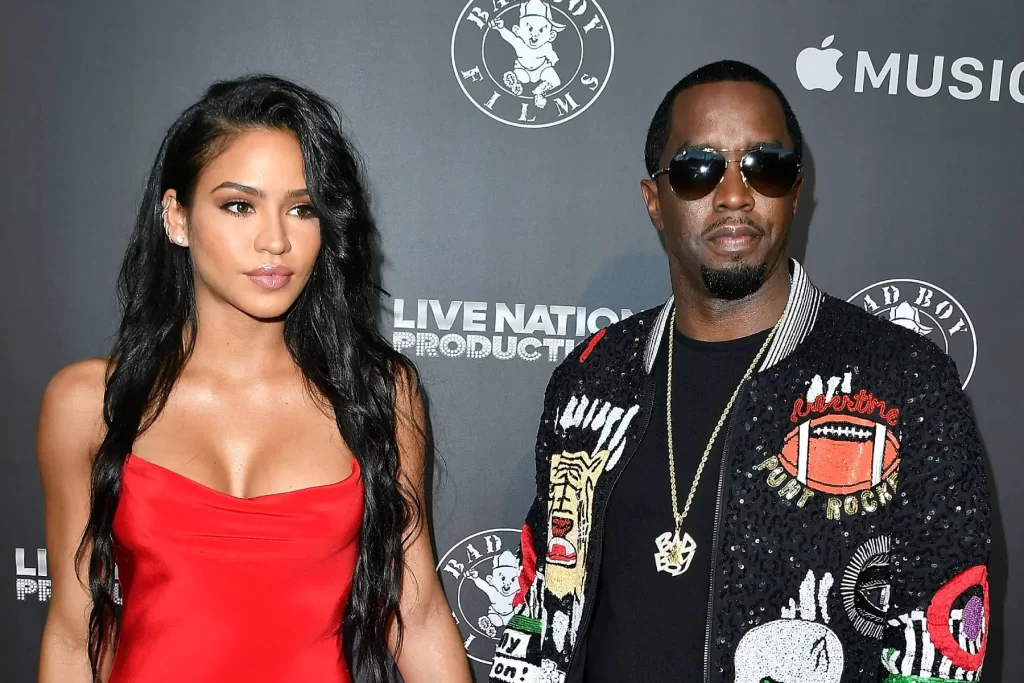
Liza Gardner’s story added another disturbing chapter to the narrative. In her lawsuit, Gardner described an incident in 1990 involving both Combs and R&B singer Aaron Hall (Wikipedia), during which she was assaulted after being provided with alcohol and marijuana. Gardner was only 16 then, and her account implicates not only Combs and Hall but other figures in the entertainment industry who allegedly looked the other way or enabled such behavior. These accusations highlight the systemic nature of the abuse and the culture of silence that allowed it to continue.
Another significant lawsuit was brought by producer Rodney “Lil Rod” Jones, who worked with Combs on his 2023 album, “The Love Album: Off the Grid.”
Jones accused Combs of coercion, physical intimidation, and sexual misconduct during the album’s production.
He claimed that Combs attempted to groom him for sexual acts by promising career advancement, including the possibility of winning a Grammy (Wikipedia). Jones’ allegations also extended to Combs’ son, Justin Dior Combs, involving a shooting incident at a recording studio. This further complicates the picture of Combs’ influence and the environment he created.
The collaboration of those within Combs’ circle cannot be overlooked. Lawsuits have named numerous individuals close to him—business associates, security personnel, and even family members—who allegedly assisted or ignored his actions. Dawn Richard, a former member of Danity Kane (Wikipedia), detailed her experiences of enduring inhumane working conditions under Combs’ direction. She described how Combs manipulated and intimidated her and her bandmates, using his influence to control their lives professionally and personally. Richard’s lawsuit also sought unpaid royalties and compensation, pointing to financial abuse as an additional form of control.
The allegations extend beyond Combs’ professional sphere, with several lawsuits involving women who were not directly linked to the music industry. Crystal McKinney, a model, accused Combs of drugging and assaulting her at a Sean John fashion event in 2003. She believes her refusal to continue her interactions with Combs led to her being blackballed in the modeling industry, effectively ending her career. Similar stories have emerged from April Lampros and Thalia Graves, who recounted incidents involving coercion, drugging, and non-consensual sexual acts. These accounts paint a grim picture of a man who wielded power without regard for the consequences of his actions on others.
The scandal has taken on a broader dimension, implicating not just Sean “Diddy” Combs but also the entire entertainment ecosystem that surrounded him. Entities such as Bad Boy Entertainment, Combs Global Enterprises, and other affiliated businesses have been named in lawsuits, suggesting that these ventures may have knowingly enabled or facilitated Combs’ actions. The allegations against these companies represent a significant threat to Combs’ business empire, with potential repercussions extending beyond financial losses to impact his legacy and brand.
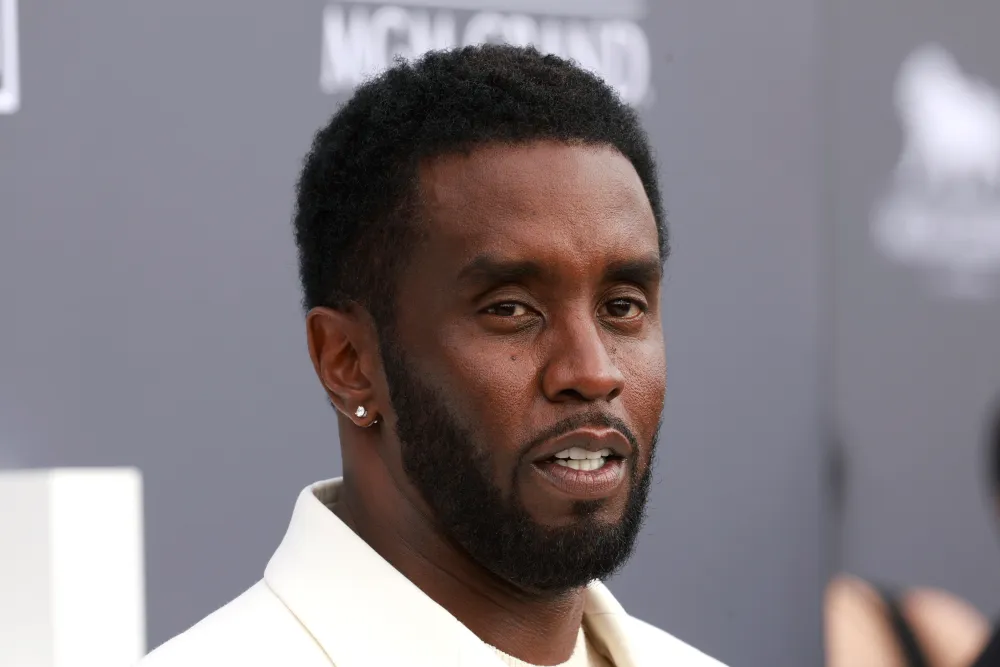
Adding fuel to the fire, rumors have also circulated about other potential victims, including Justin Bieber (Wikipedia). Allegations suggest that Bieber, who Combs mentored at the age of 15, may have attended the infamous “freakoff” parties where much of the alleged abuse occurred. Neither Combs nor Bieber has commented on these rumors, but the speculation has gained considerable traction, further complicating the narrative.
The situation was exacerbated by releasing a viral, likely AI-generated song titled “Diddy Party,” attributed to Bieber.
The song’s lyrics seemed to echo some of the allegations against Combs, drawing millions of views across platforms like TikTok (Wikipedia), X, and YouTube (Wikipedia).
These developments have placed the entertainment industry under intense scrutiny. Combs’ influence and stature in the industry seemingly allowed him to operate with impunity for years, fostering an environment where abuse could thrive unchecked. The growing list of accusations against him underscores the need for a systemic change in how abuse and misconduct are addressed within the entertainment world. Victims are beginning to speak out, breaking the silence that allowed these behaviours to continue in the shadows for so long.
As the legal battles continue, the implications for Sean “Diddy” Combs are profound. While he maintains his innocence and denies all charges, the outcome of these cases could set a precedent for how allegations of abuse are handled within the industry. It also raises questions about the role of power, influence, and accountability in a world where celebrity status has often been used as a shield against scrutiny. The industry must now grapple with its failures—how it allowed such behaviour to persist and what can be done to ensure that future abuses are not overlooked.
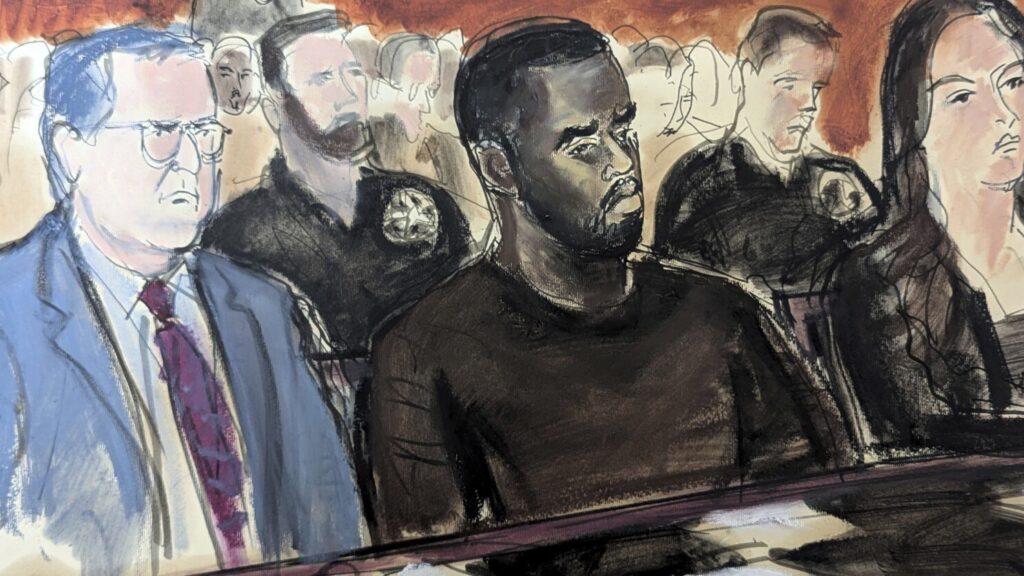
The impact of these revelations on Combs’ career and legacy cannot be overstated. His business ventures, influence, and reputation have all been questioned, and the fallout is only beginning. As more victims come forward, the narrative around Combs is being reshaped, moving from that of a successful music mogul to that of a profoundly flawed figure whose actions have caused significant harm. This transformation in public perception will be crucial in determining the future of his career and the legacy he leaves behind.
Ultimately, Sean “Diddy” Combs’s unfolding story reflects the broader reckoning taking place in the entertainment industry. Despite the power dynamics at play, the courage of those who have come forward is an essential step towards change. It forces a reevaluation of how power is wielded and abused and what measures must be taken to protect those who are vulnerable. The entertainment industry is at a crossroads, and the outcome of Combs’ trials determines the path it takes from here.
The coming months will be crucial as the legal process continues to unfold. For Sean “Diddy” Combs, the stakes could not be higher. For the entertainment industry, the scandal represents a critical opportunity to finally address the toxic culture that has been allowed to fester for too long. Whether real reform will come of this remains to be seen, but it is clear that the voices of those who were once silenced are now being heard and demanding accountability.

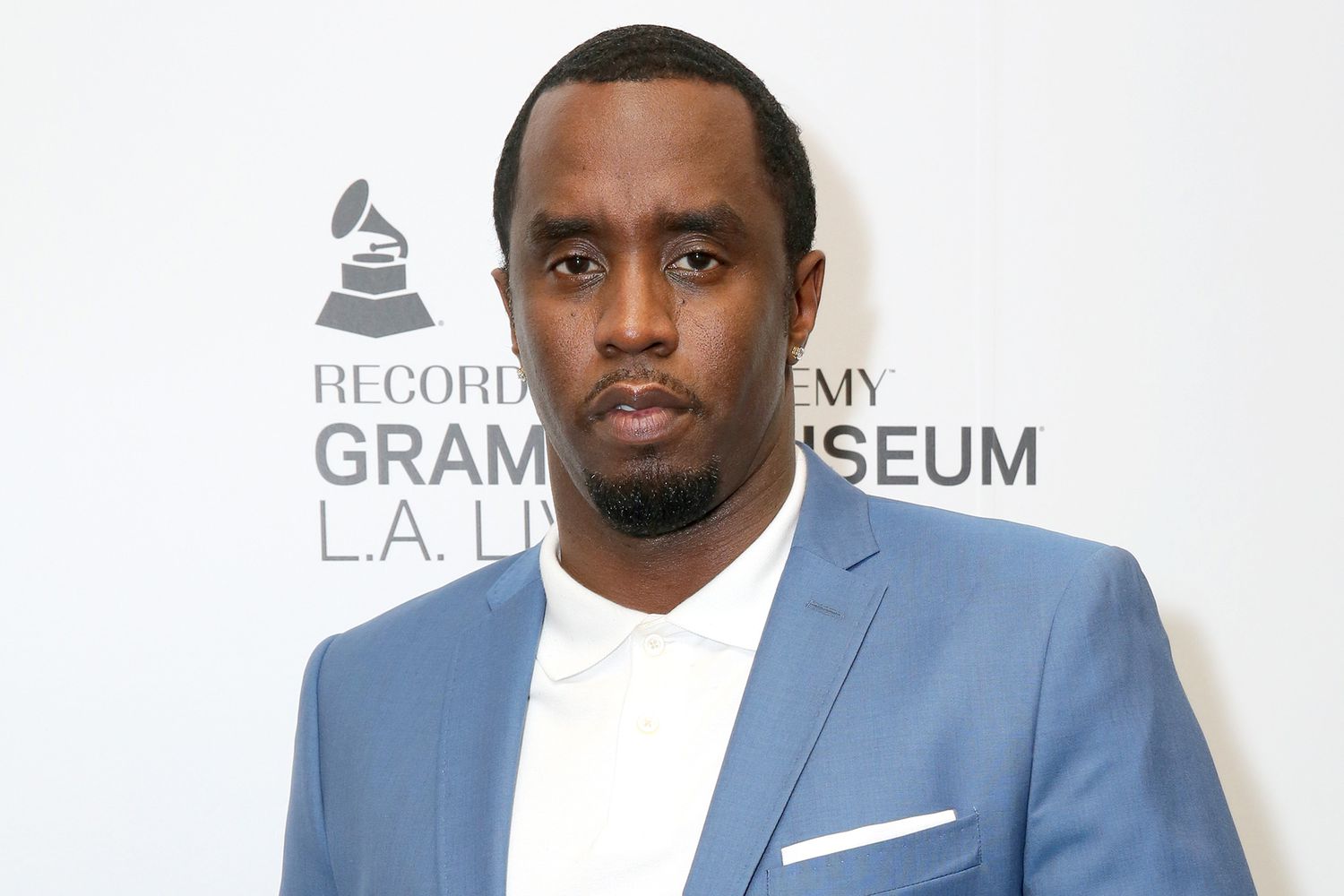

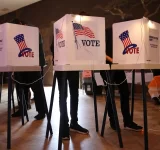



















Leave a Reply